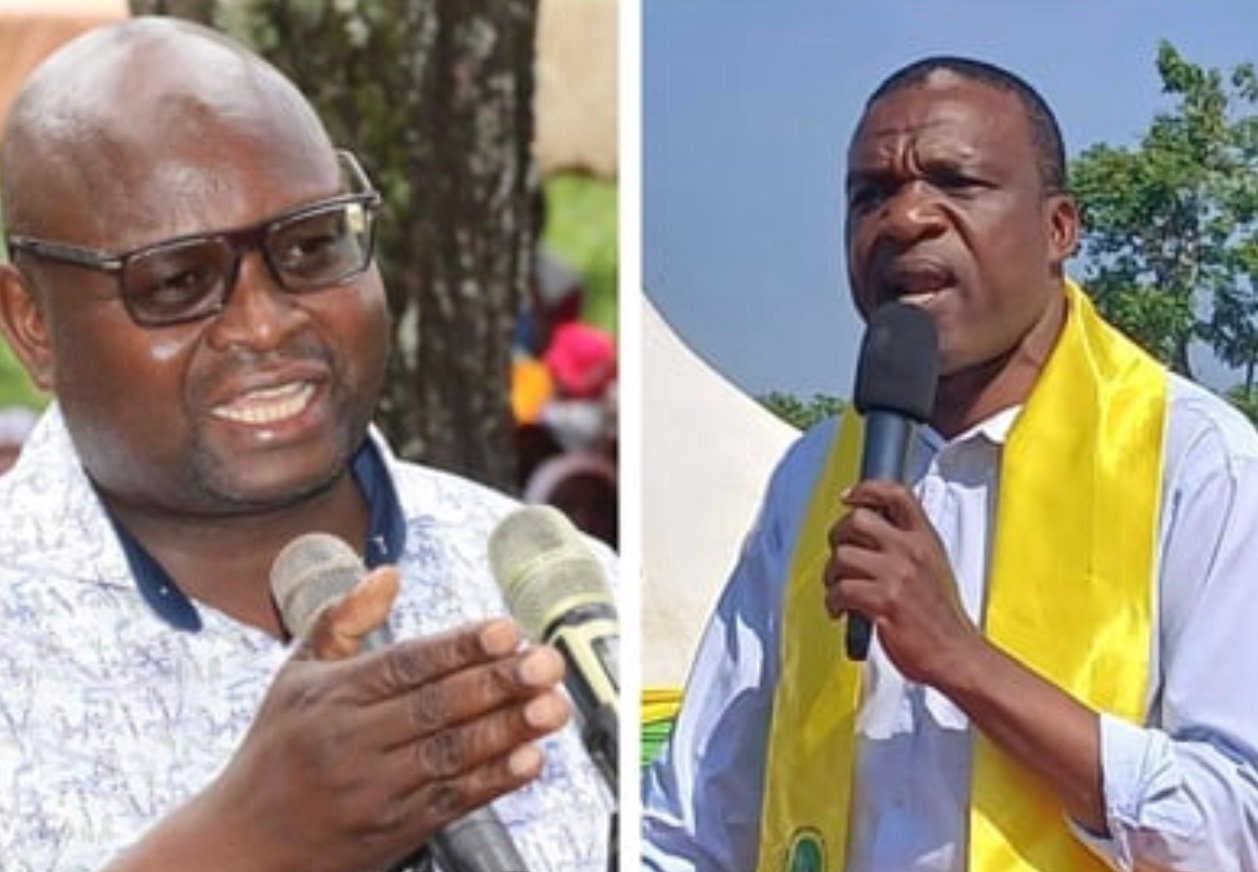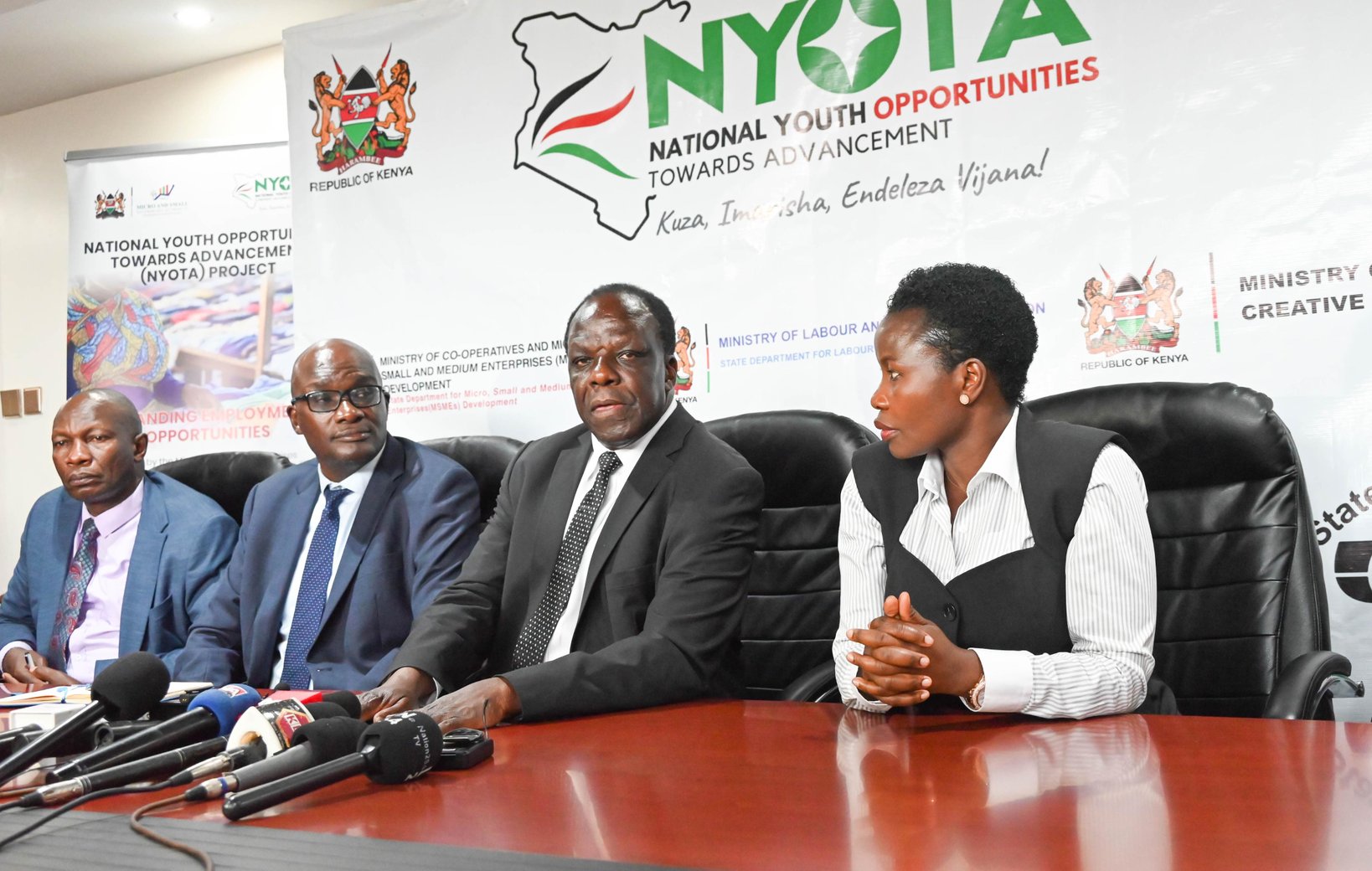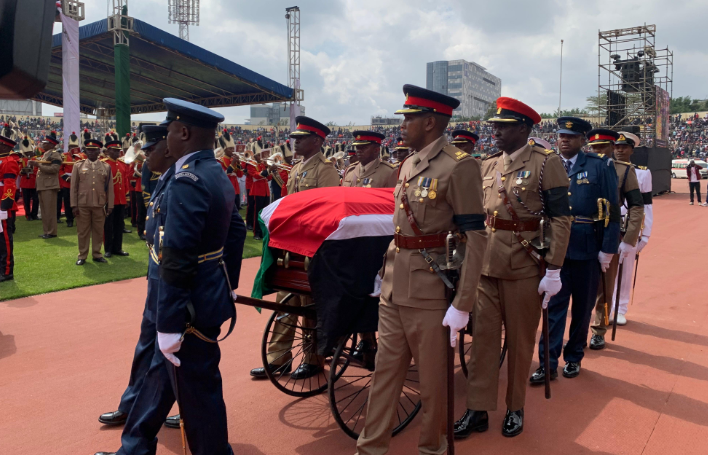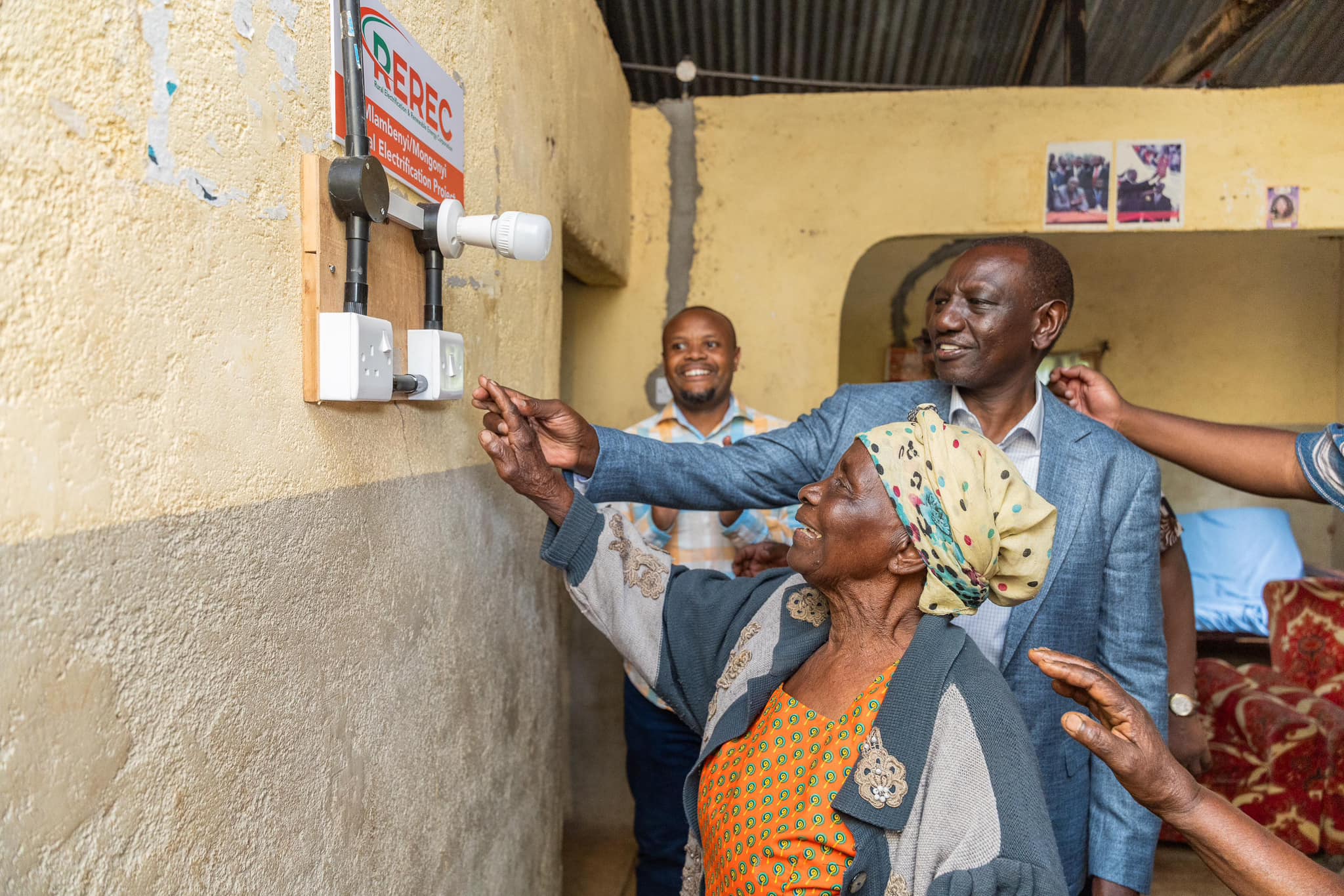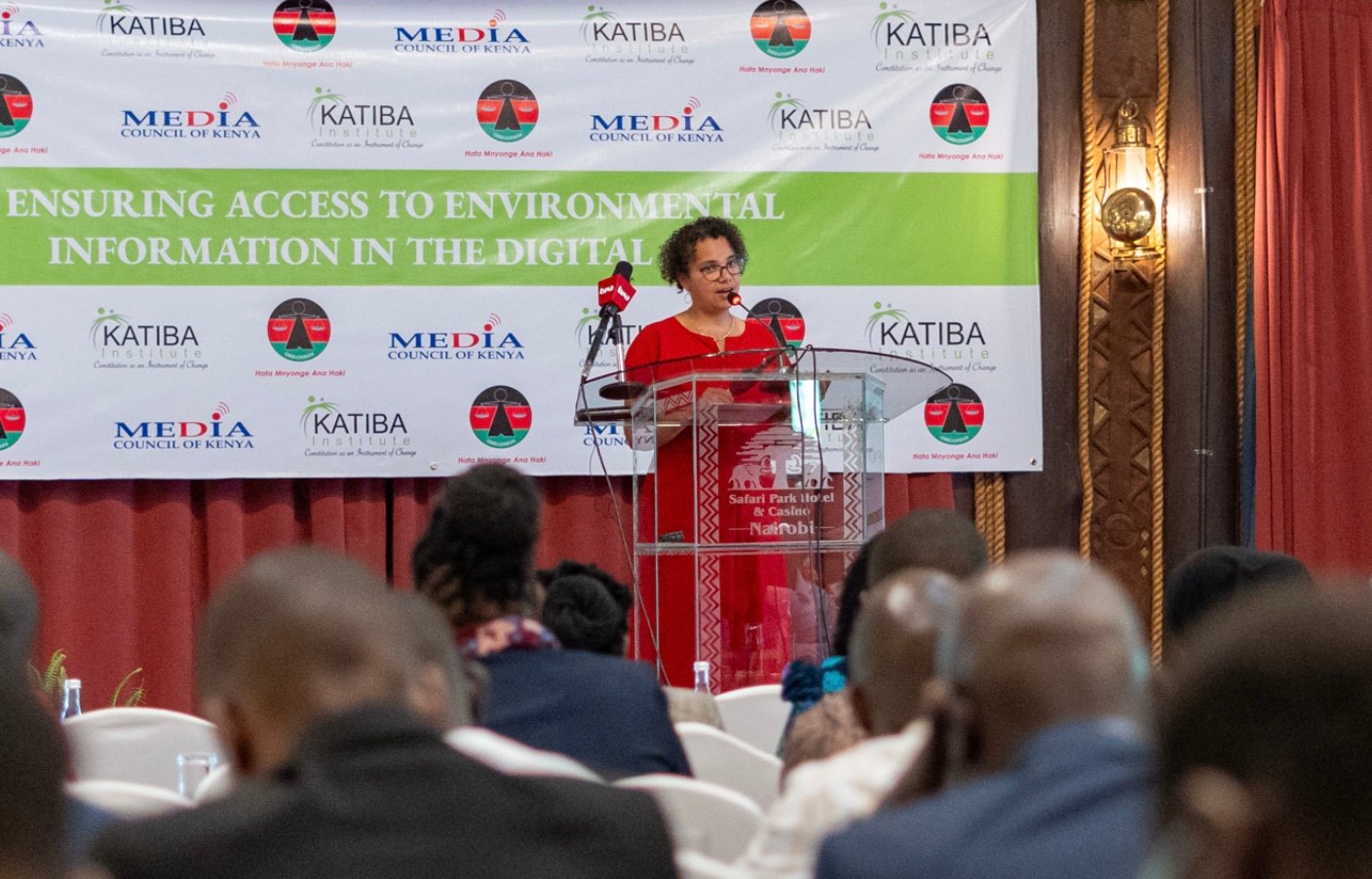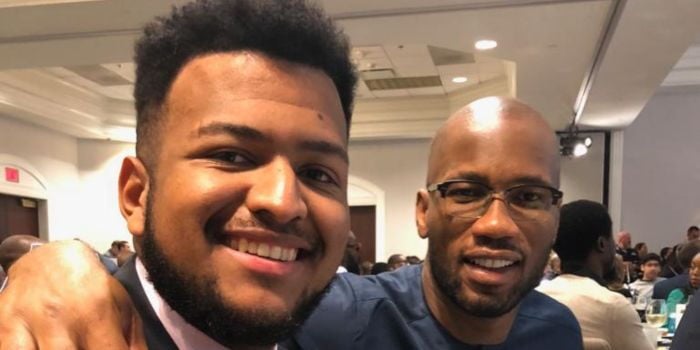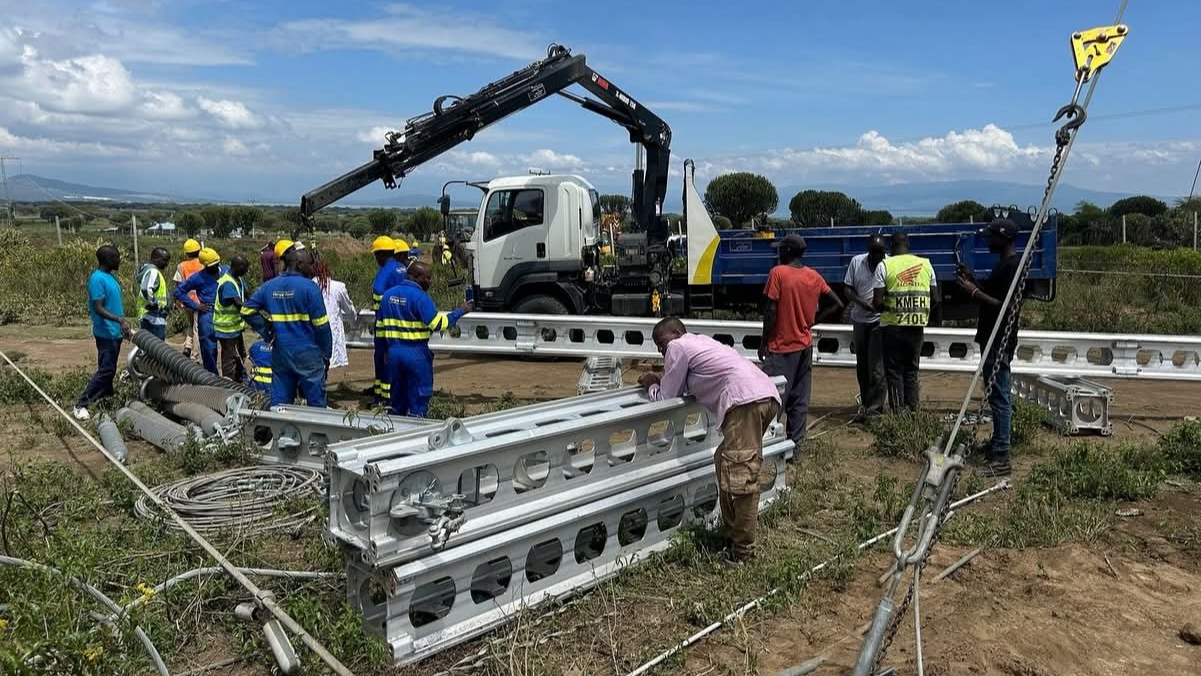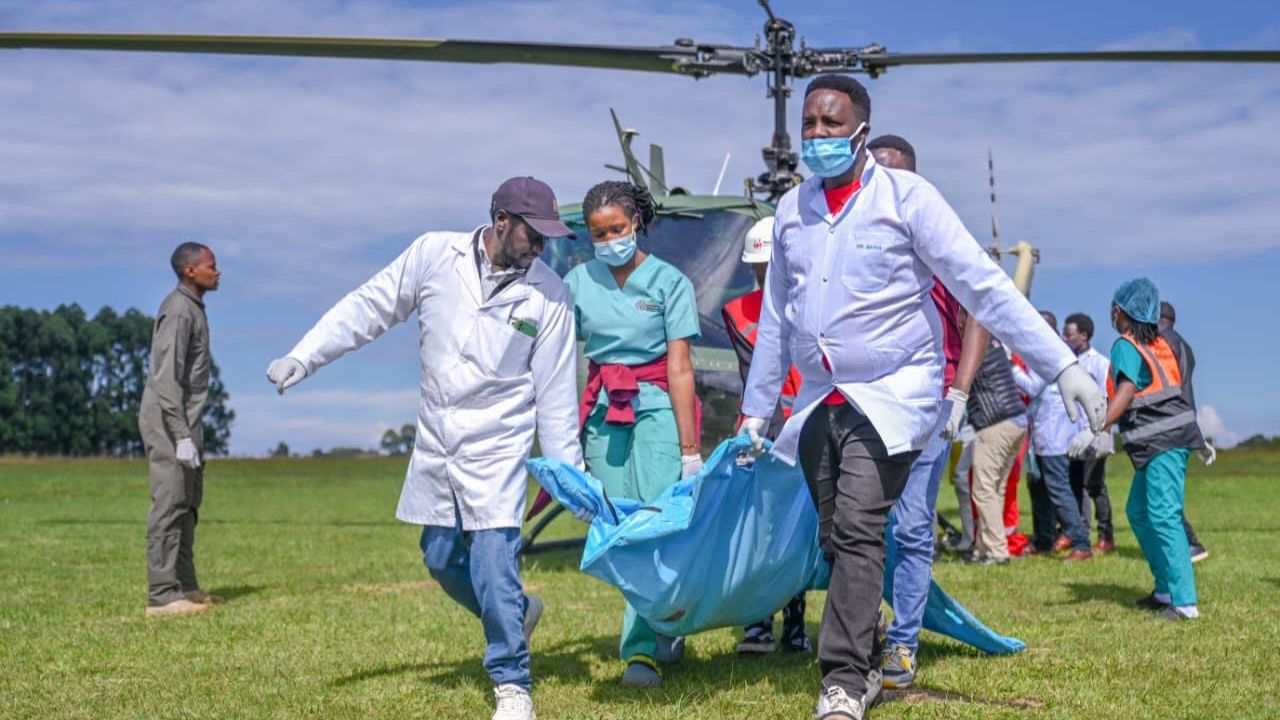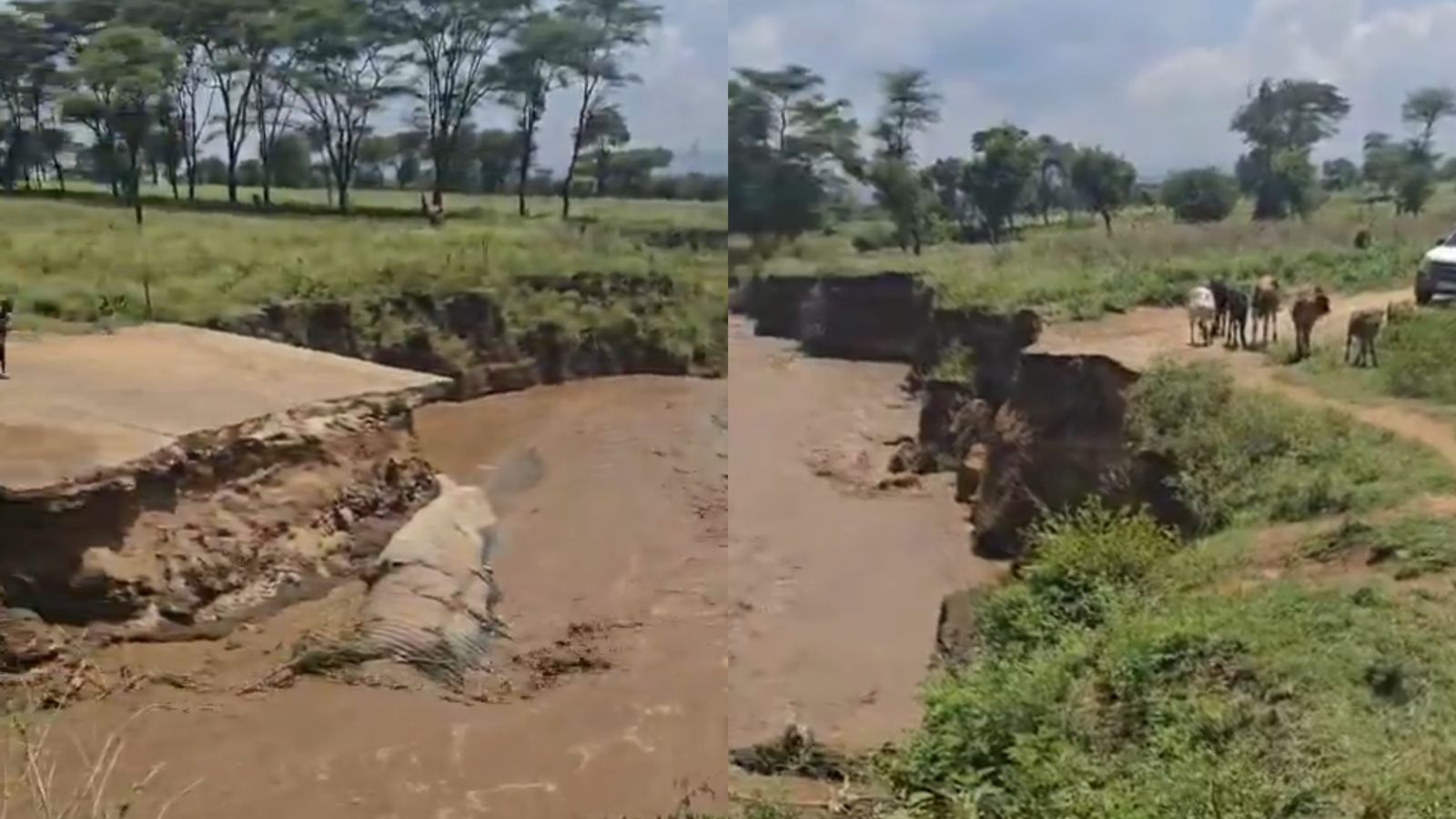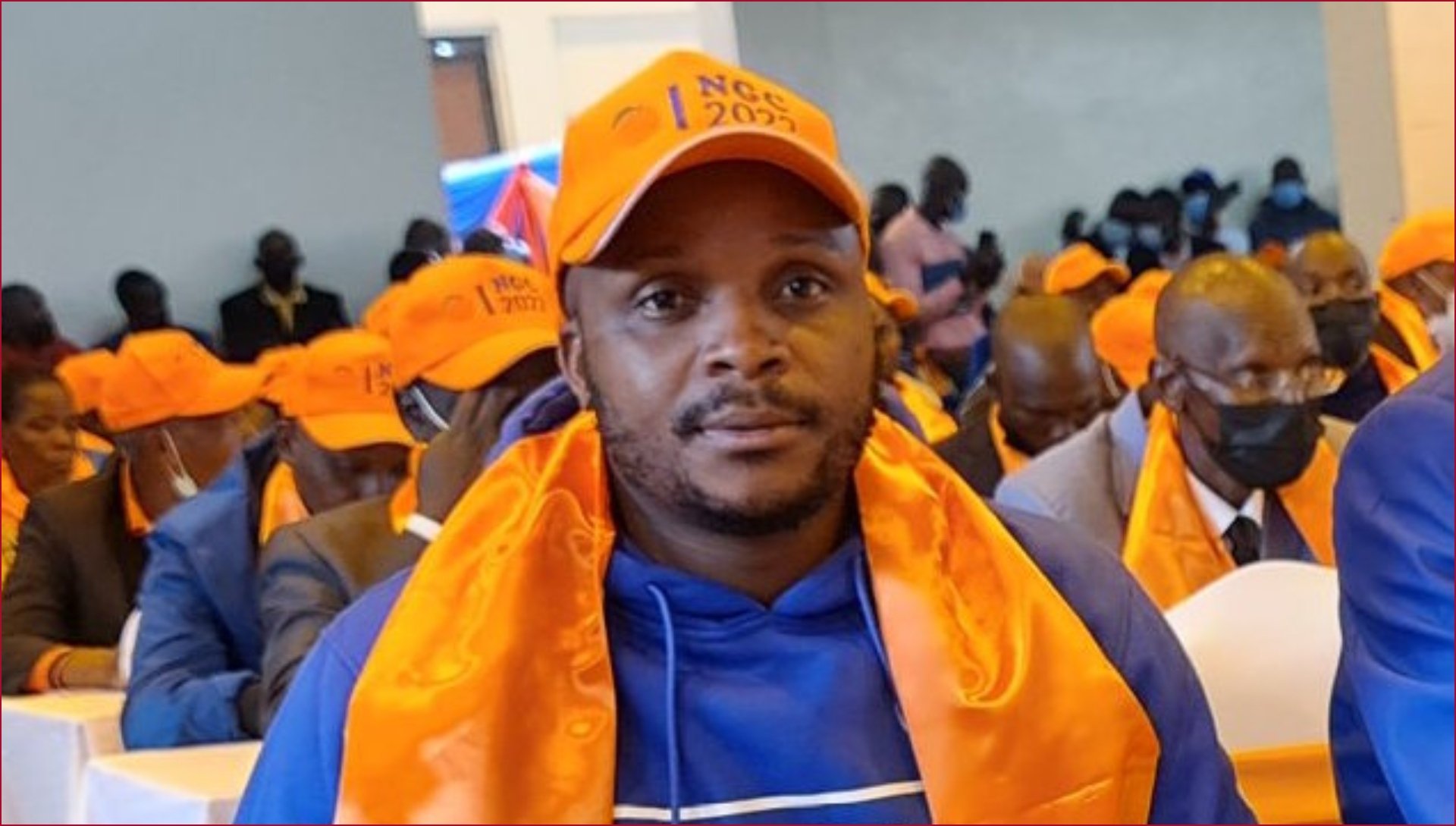The Malava by-election has evolved into a high-stakes political showdown following the death of MP Malulu Injendi in February 2025.
What began as a crowded race has now narrowed to two main contenders: Seth Panyako of the Democratic Action Party–Kenya (DAP–K), rallying the united opposition, and David Ndakwa of the United Democratic Alliance (UDA), flying the flag for President William Ruto’s camp.
With both sides viewing Malava as a litmus test for grassroots influence ahead of 2027, the constituency has become more than just a local contest; it’s a political battleground symbolising national undercurrents. This article profiles the two men at the heart of the showdown:
Seth Panyako
Born on 5 May 1985 in Kakamega County, Panyako is a nurse by profession and one of Kenya’s most vocal trade unionists. He studied Nursing at the University of Eastern Africa, Baraton, earning a Bachelor of Science degree before joining Kenyatta National Hospital (KNH) as a nurse specialising in midwifery; a field he has described as deeply rewarding for allowing him to help mothers deliver safely.
Read More
Panyako’s public profile rose sharply in 2013 when he was elected Secretary-General of the Kenya National Union of Nurses (KNUN), thrusting him into the heart of Kenya’s labour movement.
Known for his fiery and uncompromising leadership style, he championed better pay, working conditions, and welfare for health workers, including leading a high-profile strike threat in 2020 over unfulfilled government promises.

His assertive activism often pulled him into the political arena. In 2022, Panyako contested the Malava parliamentary seat under UDA but narrowly lost to the late Malulu Injendi of ANC.
In March 2023, the then Treasury CS Njuguna Ndung’u appointed him to the Local Authorities Provident Fund (Lapfund) board, a recognition of his leadership beyond trade unionism.
However, just two months later, he resigned as UDA’s Deputy Chairperson in charge of programmes, citing strong disagreements with the government’s policies, especially over the rising cost of living and the controversial housing levy.
In 2025, following Injendi’s death, Panyako joined DAP–K to contest the Malava by-election. His candidature, however, has faced a legal challenge over claims he did not resign from his Lapfund board position within the legally required timeframe.
David Ndakwa
Born in 1973, Ndakwa is a relatively low-profile politician compared to his rival. His public activities have largely been localised within Kakamega County, where he has quietly built his political base.
He completed his primary education at Kalenda Primary School in 1987 and later joined Samitsi Secondary School, where he sat for his Kenya Certificate of Secondary Education (KCSE) in 1991.
Ndakwa holds a Diploma in Information Studies from the University of Nairobi and a Degree in Information Science from Moi University.
Professionally, he served as Managing Director of Pavement Publishers between 2017 and 2020 before venturing into full-time politics.
His political journey gained momentum when he became the Leader of the Minority in the Second Kakamega County Assembly (2017–2022), a role that marked his emergence as a local political figure and led to his re-election in 2022.

Although not as nationally visible as Panyako, Ndakwa has earned a reputation as a grassroots mobiliser with a calm, pragmatic approach to leadership.
Ndakwa is banking on President Ruto’s endorsement, which has added significant political weight to his campaign. During a visit to Kakamega, the President publicly backed him, saying:
“In David Ndakwa, we see a steadfast leader capable of delivering and completing the development projects that Mheshimiwa Injendi so passionately began. We, therefore, rally behind our UDA candidate, David Ndakwa, to deepen the transformation agenda and propel Malava Sub-County to greater heights of progress and prosperity.”
Ruto’s remarks positioned Ndakwa as the continuity candidate; the torchbearer of the late Injendi’s development legacy and a key pillar in reinforcing the President’s political foothold in Western Kenya.
On the other hand, Panyako has framed the contest as a battle between the people’s will and state power. He is leaning on the backing of the united opposition under DAP–K and hopes to consolidate the supporters of DCP candidate Edgar Busiega, who stepped down in his favour.
For Panyako, the by-election is not just about representation; it’s a referendum on the government’s economic direction and the lived struggles of ordinary Kenyans.
As the November by-election approaches, all eyes are on Malava. The race between Panyako and Ndakwa has become a test of Kenya’s broader political tensions, between continuity and change, establishment and defiance.
Whichever way the vote swings, the outcome in Malava will echo far beyond Kakamega, shaping narratives for 2027 and testing the true strength of Kenya’s shifting political alliances.
